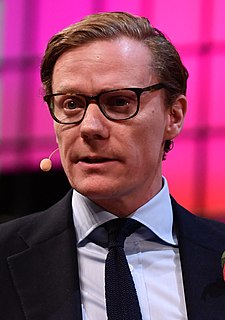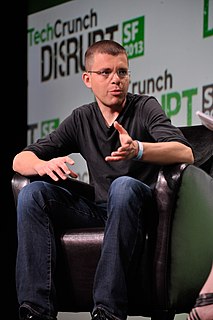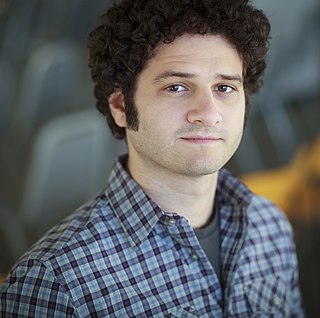A Quote by Douglas Rushkoff
The hours Facebook users put into their profiles and lists and updates is the labor that Facebook then sells to the market researchers and advertisers it serves.
Quote Topics
Related Quotes
The true end users of Facebook are the marketers who want to reach and influence us. They are Facebook's paying customers; we are the product. And we are its workers. The countless hours that we - and the young, particularly - spend on our profiles are the unpaid labor on which Facebook justifies its stock valuation.
I haven't sworn off Facebook. I'm on Facebook. There's a fan page on Facebook that I will update, but I'm on there myself under a pseudonym, because there were a lot of people able to private-message me on Facebook, and it was getting really weird. And then with MySpace, I just don't read messages. I delete everything, and I just post updates every now and then.





































